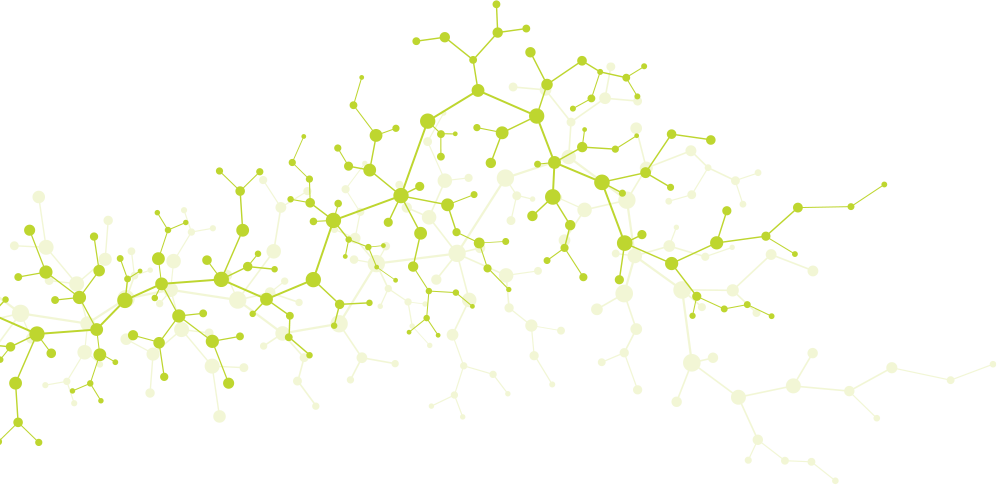Meditating daily stops aging brains from shrinking

Sadly, as we age our brains begin shrinking, and loss of brain tissue means loss of brain function. But there are some simple things you can do each day to prevent this. The brain is highly malleable — or plastic — meaning it readily grows and adapts to input and stimulation. Much like a muscle, your brain operates on the “use it or lose it” principle.
Studies have found that people who have been meditating for seven to nine years had increased grey matter in sensory areas of the brain compared to control groups. It’s believed this is because meditation teaches you to be mindful of your body, breath, and physical sensations — all in an attempt to find relief from the hamster wheel that is the human mind.
But the good news is you don’t have to meditate that many years to change your brain.
Change your brain in 8 weeks of meditation
A follow-up study showed just eight weeks of daily meditation thickened many important areas of the brain, to the point where 50-year-olds were showing the same amount of grey matter as people half their age.
The areas of the brain meditating thickens include:
- Decision making and working memory
- Learning and memory
- Emotional regulation
- Empathy
- The ability to see things from different perspectives
- Neurotransmitter production
Meditating shrinks the brain’s fear center
Equally important, meditating shrinks the amygdala, the area of the brain that generates fear, anxiety, and aggression. This results in reduced stress levels overall.
The participants in the study were told to meditate 40 minutes a day. However, they still showed good results with an average meditation time of 27 minutes. Other studies show even just 15 to 20 minutes a day produces significant positive changes.
Meditating before you exercise can reduce depression better than either exercise or meditation alone, finds another study.
Mindfulness practices that benefit brain health
Meditation isn’t the only mindfulness practice to improve brain function and health. Although its benefits are profound enough to make it a daily routine, also consider these additions:
Yoga. Yoga is a proven way to improve brain function and stave off memory loss. A study had one group of people do 15 minutes a day of brain training exercises and a weekly one-hour brain training class. The second group did a yoga class one hour a week and 15 minutes a day of meditation.
After 12 weeks, both groups showed enhanced cognitive function. However, the yoga group also reported more elevated moods and improvement in “visuospatial” memory, which is important for balance, depth perception, and the ability to navigate the world.
The yoga group also showed better focus and the ability to multitask.
Tai Chi. A recent study found tai chi is very protective and supportive of brain function. Study subjects did one hour of tai chi twice a week for 12 weeks. After the study, they had significantly higher levels of brain compounds that indicated the generation of new neurons and improved plasticity — the ability of the brain to make new neuronal connections and pathways. Both of these functions are paramount in protecting the brain from aging.
Tai chi has another brain benefit — it promotes better balance. Can you stand on one foot easily? How about with your eyes closed? You should be able to. Poor balance is an indication the cerebellum, the area of the brain responsible for balance and coordination, is degenerating too quickly.
A degenerating cerebellum does more than make you unsteady — it also contributes to more rapid degeneration of the rest of your brain.
One of the primary functions of the cerebellum is to serve as a gatekeeper, regulating information that goes to the rest of the brain. When the cerebellum degenerates, too much sensory input floods the brain.
Symptoms may include:
- Restless leg syndrome
- Tinnitus
- Hypersensitivity to stress, light, and sound
- Depression
- Fatigue
- Anxiety
- Insomnia
- Poor metabolic function…
- …and other symptoms you wouldn’t normally associate with poor balance.
Tai chi is a Chinese art based on a series of slow, flowing motions and breathing exercises and has been shown to be excellent for improving balance.
Other ways to slow or prevent accelerated brain degeneration include daily exercise, an anti-inflammatory diet, functional neurology rehabilitation and optimization of the brain, and functional medicine protocols to reduce inflammation and reverse chronic health disorders.
Ask my office for more advice on how we can help you prevent Alzheimer’s, dementia, Parkinson’s disease, and other neurodegenerative diseases.
